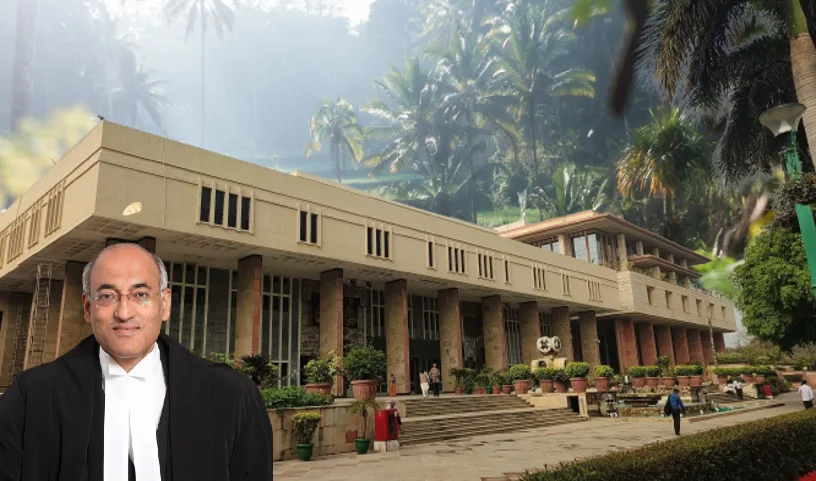
Justice Najmi Waziri, fondly referred to as the ‘green judge’ due to his passion for lush greenery and his efforts to involve litigants in planting 3.7 lakh trees across the city, reiterated the importance of citizens taking charge of the plantation drive at his farewell bench.
Speaking at the full court farewell reference organized by the Delhi High Court on his retirement, Justice Waziri expressed his belief that when there is an opportunity to heal wounds and make amends, the most effective approach is to direct litigants to contribute towards the betterment of the city, its environment, and the local community.
“It seemed a more prudent way of utilising people’s money and time than by sending the costs imposed on various parties into various funds where it may lie unutilised for decades to come,” Justice Waziri stated.
The farewell program for Justice Waziri was attended by judges from the Delhi High Court, Chief Justice of Uttarakhand High Court, as well as family members, friends, lawyers, and court staff. Chief Justice Satish Chandra Sharma of the Delhi High Court remarked that Justice Waziri’s judicial perspective has been characterized by a focus on “social justice.”
Additional Solicitor General Chetan Sharma acknowledged that Justice Waziri successfully oversaw the planting of 3.70 lakh trees, starting from July 2018, across the southern ridge to central ridge areas. These plantations took the form of ‘Maafi Bagh’ (garden of forgiveness) and ‘Insaaf Bagh’ (garden of justice). Sharma mentioned that a sum of Rs 2.38 crore has been deposited in the Green Delhi Fund, dedicated to funding future plantation projects.
He praised Justice Waziri’s commitment to the environment, noting the transformation of once barren lands into a thriving ecosystem. Additionally, he highlighted Justice Waziri’s notable judgments on subjects such as anti-dumping, tax laws, arbitration, and Intellectual Property Rights (IPR).
Justice Waziri reflected on his initial experiences as a judge, recalling an endearing moment when his 12-year-old daughter innocently questioned his ability to fulfill his duties. This inquiry served as a personal challenge to meet the expectations placed upon a high court judge. He emphasized the importance of justice within the framework of the Indian Constitution and the rights and duties enshrined within it.
He advised lawyers to thoroughly prepare for cases and expressed gratitude for the lawyers who participated in greening the city, contributing to the fight against environmental degradation. Justice Waziri emphasized that every tree planted would play a crucial role in the years to come, likening each effort to a drop that contributes to the formation of an ocean.
Regarding the Green Delhi Fund, he mentioned the availability of funds for planting an additional 2.5 lakh trees, already secured in the escrow account. He emphasized that the success of the fund relied on the participation of the public.
Justice Waziri, who completed his LL.B. from Campus Law Centre, Delhi University, and enrolled with the Bar Council of Delhi in 1987, was appointed as an additional judge of the high court on April 17, 2013, and subsequently became a permanent judge on March 18, 2015.
He gained recognition for his ruling that trees are living beings deserving of a final inspection by authorities before granting permission for felling or extensive pruning. He also challenged the proposal to replace natural grass with artificial turf at Siri Fort Sports Complex, highlighting the greater value of green areas in densely populated residential spaces. In recent years, he addressed numerous petitions related to the preservation and protection of trees, promoting afforestation and de-concretization of roadside trees.
In one instance, he directed two city police officials to plant 100 fruit-bearing trees after they were involved in an altercation with a lawyer regarding the protection of trees during civil work. He also sentenced two PWD officials to simple imprisonment for contempt of court due to their failure to adhere to the law and court orders regarding tree conservation in CR Park.
Notably, as part of a division bench, Justice Waziri directed the central government to cease financial support and patronage to National Sports Federations that failed to comply with sports administration laws in the country. The division bench also invalidated the posts of Life President, Life Member, and CEO in the Managing Committee of Hockey India, establishing a three-member committee of administrators to oversee its operations.




